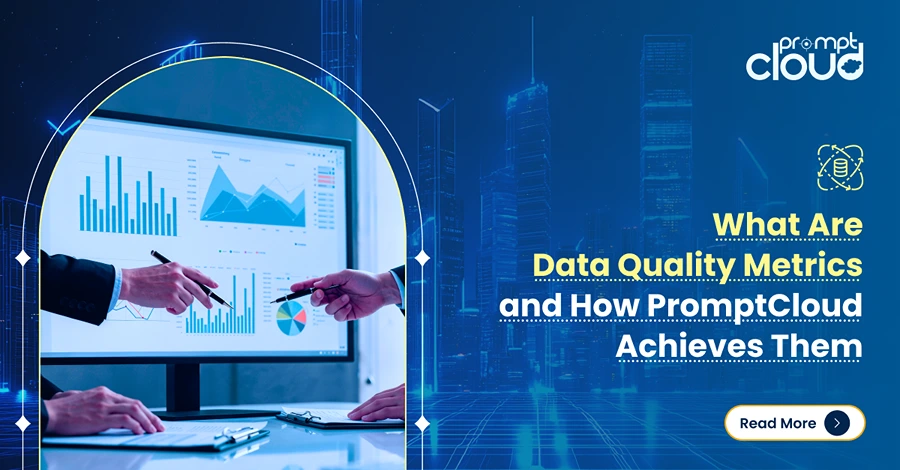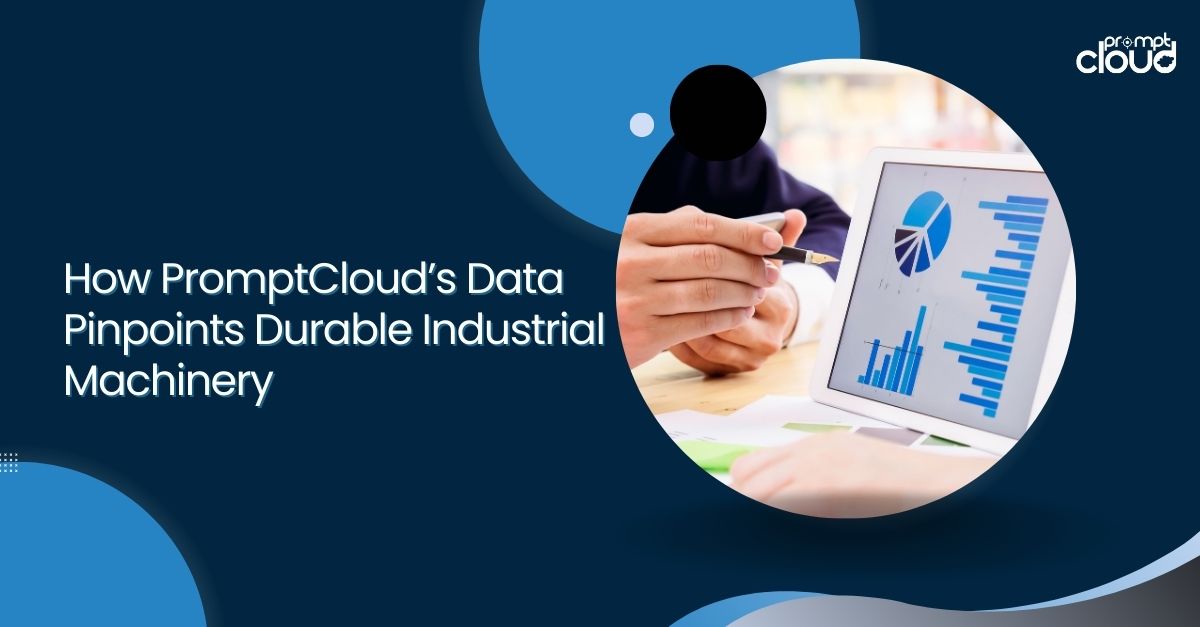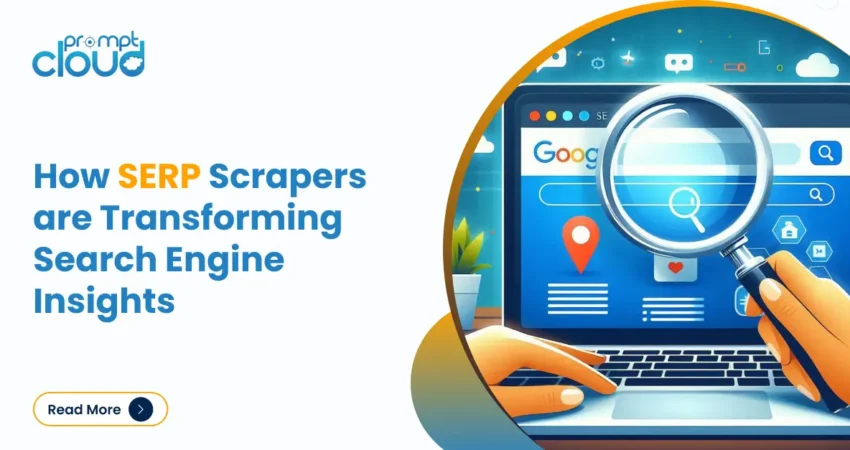
In the digital world, where competition for online visibility is fierce, understanding the nuances of search engine results pages (SERPs) has become critical. Whether you’re optimizing a website for search engines, crafting a targeted advertising strategy, or analyzing competitor performance, SERP data provides unparalleled insights. Enter SERP scrapers – tools that extract this valuable data efficiently. At the core of these tools lies the power of the SERP API, which has revolutionized how businesses analyze search engine trends.
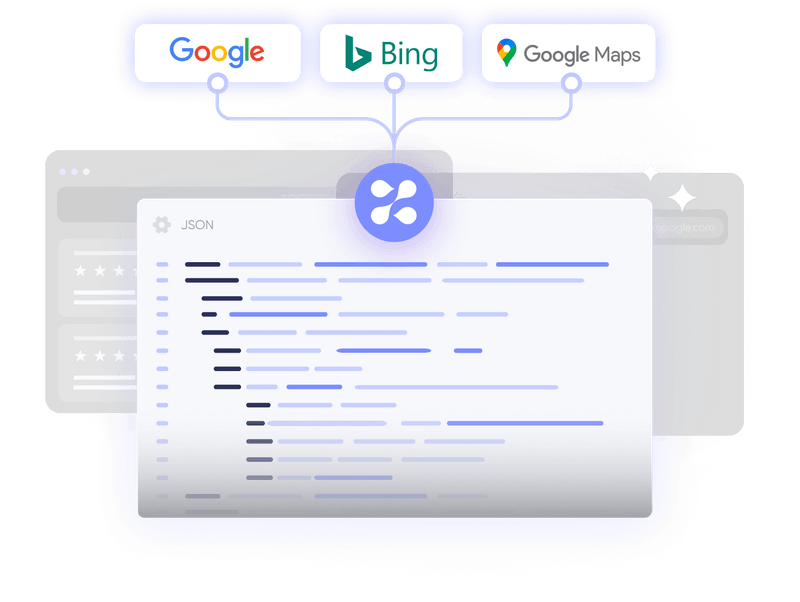
Source: nimbleway
This guide dives deep into the transformative potential of SERP scrapers, how they operate, and their real-world applications in enhancing decision-making across industries.
What is a SERP Scraper?
A SERP scraper is a tool designed to extract data from search engine results pages. Every search query generates a page filled with organic links, ads, featured snippets, local packs, and more. A SERP scraper retrieves this structured data for further analysis, revealing critical information about keyword rankings, featured content, and competitors.
The SERP API, often embedded in SERP scrapers, facilitates real-time and large-scale data extraction, eliminating the need for manual data collection. By querying the API, businesses can automate SERP data retrieval across various locations, languages, and devices.
Why SERP Data Matters in Today’s Market?
The search landscape is constantly evolving. Factors like search intent, user behavior, and algorithm changes directly impact the results on a SERP. Without a reliable way to analyze this data, businesses risk falling behind.
Key reasons why SERP data is invaluable include:
- Understanding Keyword Rankings: Tracking how specific keywords perform across different geographies and devices.
- Analyzing Competitor Strategies: Identifying which competitors rank for certain keywords and analyzing their content strategies.
- Monitoring Search Features: Understanding the role of rich snippets, FAQs, and local packs in user engagement.
- Ad Performance Insights: Analyzing ad placement and keyword targeting for PPC campaigns.
SERP APIs have made it significantly easier to harness this data at scale, giving businesses an edge in staying competitive.
Why Are SERP APIs Essential for Modern Data Collection?
While traditional scrapers have been around for years, SERP APIs take data extraction to the next level. These APIs provide structured data directly from search engines, enabling seamless integration into business workflows.
1. Real-Time Data Access:
Need to monitor search trends as they happen? A SERP API allows businesses to query live data, ensuring that decisions are based on the most current insights.
2. Scalability:
Whether you need to analyze 10 keywords or 10,000, SERP APIs handle requests at scale. This is particularly valuable for global brands managing campaigns across regions.
3. Diverse Formats:
Most SERP APIs provide data in formats like JSON or CSV, making it easy to integrate the data into analytics tools or custom dashboards.
4. Device and Location-Specific Insights:
Search results vary based on location, language, and device type. A SERP API allows businesses to specify these parameters, offering a granular view of how results differ.
5. Automation:
By automating the process of querying and retrieving data, SERP APIs free up valuable time and resources.
How Different Industries Use SERP Scrapers for Competitive Insights?
The ability to extract and analyze search engine data has applications far beyond traditional SEO. Here are some examples of how industries leverage SERP scrapers powered by SERP APIs:
1. Ecommerce
Ecommerce brands use SERP scrapers to track keyword rankings for product searches. By analyzing competitor pricing and reviews displayed on SERPs, they can optimize their product listings and PPC campaigns.
2. Digital Marketing Agencies
Marketing agencies use SERP APIs to monitor keyword performance for multiple clients. Automated tracking ensures they stay on top of algorithm updates and adjust strategies accordingly.
3. Travel and Hospitality
Travel platforms use SERP data to analyze how their offerings rank against competitors. This includes tracking the visibility of featured snippets like “Top Hotels in Paris” or “Best Flight Deals to London.”
4. Finance and Insurance
SERP scrapers help financial institutions track keywords related to services like loans, credit cards, and insurance. Insights from competitor rankings guide the optimization of paid and organic search strategies.
5. Content Creators and Publishers
Publishers use SERP APIs to understand what type of content ranks for trending topics. By identifying featured snippets and common questions, they can tailor their articles for maximum visibility.
Overcoming Challenges in SERP Scraping with SERP APIs
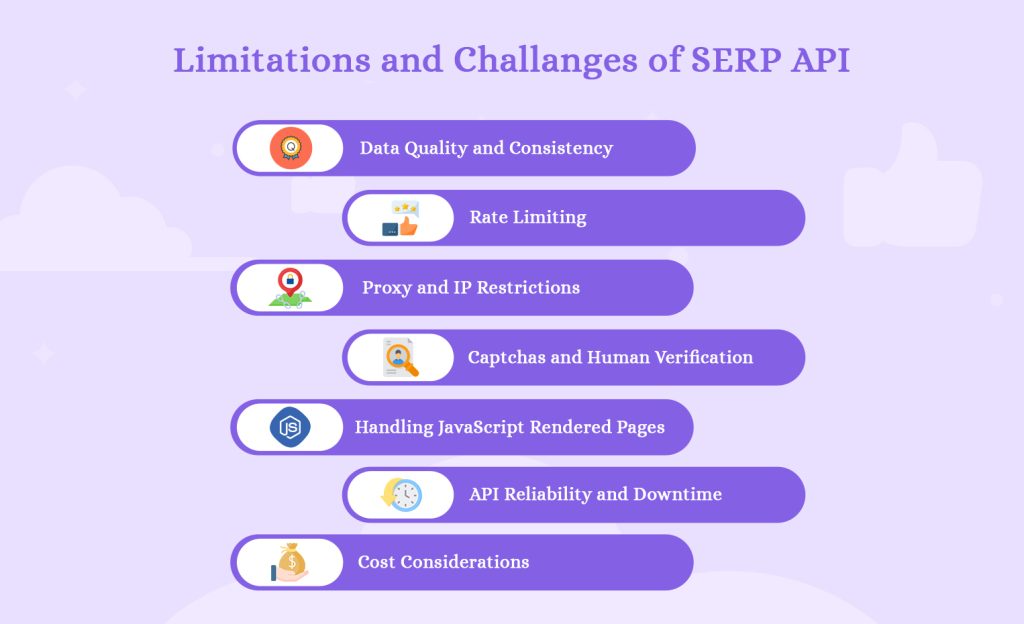
Source: serphouse
While SERP scrapers are powerful, they’re not without challenges:
- IP Blocking and Captchas: Search engines often impose restrictions on scrapers.
- Dynamic Content: SERPs are constantly changing due to personalization and algorithm updates.
- Volume Limitations: High-frequency scraping can trigger anti-bot mechanisms.
SERP APIs address these issues by using advanced proxy management, complying with search engine policies, and offering high reliability for large-scale operations.
How SERP Scraping Will Evolve in the Coming Years?
As search engines evolve, so will the tools used to analyze them. SERP APIs are expected to play an even more integral role in helping businesses navigate the complexities of personalized search results, voice search, and AI-driven search features.
With advancements in machine learning and data analytics, businesses will gain deeper insights from SERP data, transforming how they approach everything from content marketing to ad spending.
Conclusion
SERP scraping is no longer optional for businesses aiming to dominate their online markets. The insights derived from SERP data fuel smarter decisions, from refining SEO strategies to outsmarting competitors. And with tools like a robust SERP API, businesses can automate and scale these efforts effortlessly.
So, whether you’re a marketer, an analyst, or a business owner, harnessing the power of a SERP scraper isn’t just about extracting data – it’s about unlocking the potential to lead in a data-driven world. For custom web scraping solutions, get in touch with us.












